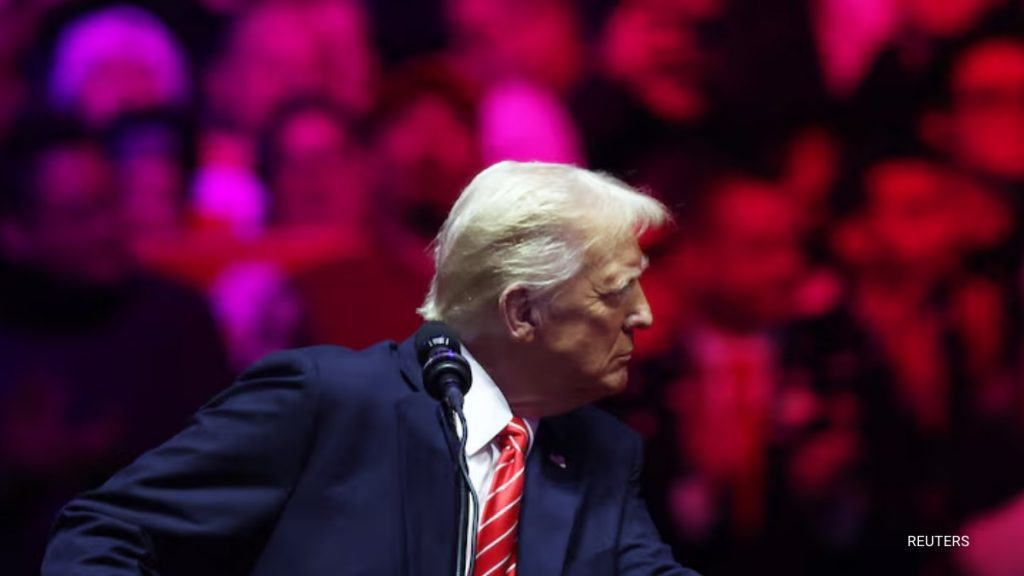
Taiwanese contract laptop makers Compal and Inventec may expand into the United States with Texas eyed as one of the top locations, their executives say, as they prepare for President-elect Donald Trump’s threatened tariffs.
Trump, who is set to become U.S. president again on Monday, has rattled companies and authorities around the world by vowing to impose tariffs of 10% on global imports into the U.S. – duties that trade experts say would upend trade flows, raise costs and draw retaliation against U.S. exports.
His threat of 25% tariffs on Mexico, in particular, has worried several Taiwanese companies, as many have invested in domestic manufacturing to build components that go into electric vehicle to artificial intelligence (AI) servers for North America.
Speaking to reporters before the company’s annual year-end party this month, Anthony Peter Bonadero, President and CEO of Compal, said that they had spoken to several southern U.S. states about possible investment and were seeing how Trump’s tariffs against Mexico unfold.
“Texas is a leading candidate just because of the power that they’ve done. Samsung is putting a giant fab in, and that’s created a lot of extra power and infrastructure there. Texas is the only state in the U.S. that has its own grid. And so, we continue to evaluate that. But no decisions have been made yet.”
Jack Tsai, president of Inventec, which makes AI servers that use Nvidia chips, also told reporters this month that they had started evaluating locations for investment in the U.S and were also favouring Texas for its proximity to Mexico and power infrastructure.
But, “if tariffs are indeed imposed today, it is unlikely they will be imposed everywhere at once. We need to see what decisions Trump makes after taking office to react accordingly,” he told reporters ahead of the company’s year-end party.
Trump says he also plans to impose tariffs of 60% on U.S. imports of goods from China, where Taiwanese companies have invested billions of dollars over the past four decade.
Taiwan’s economy minister said in November the government would help companies relocate production from China.
Wistron, which produces computers and AI servers, has been expanding production capacity outside of China into places such as Mexico, Vietnam and Texas, and its chairman, Simon Lin, said they believed their U.S. operations were sufficiently prepared to handle any changes.
“In the foreseeable future, our activities will be more focused outside of China,” Lin added.
(Reporting by Wen-Yee Lee; Editing by Brenda Goh and Gerry Doyle)
Inside Telecom provides you with an extensive list of content covering all aspects of the tech industry. Keep an eye on our News sections to stay informed and up-to-date with our daily articles.